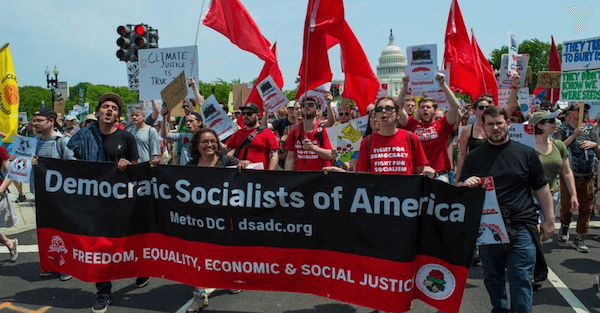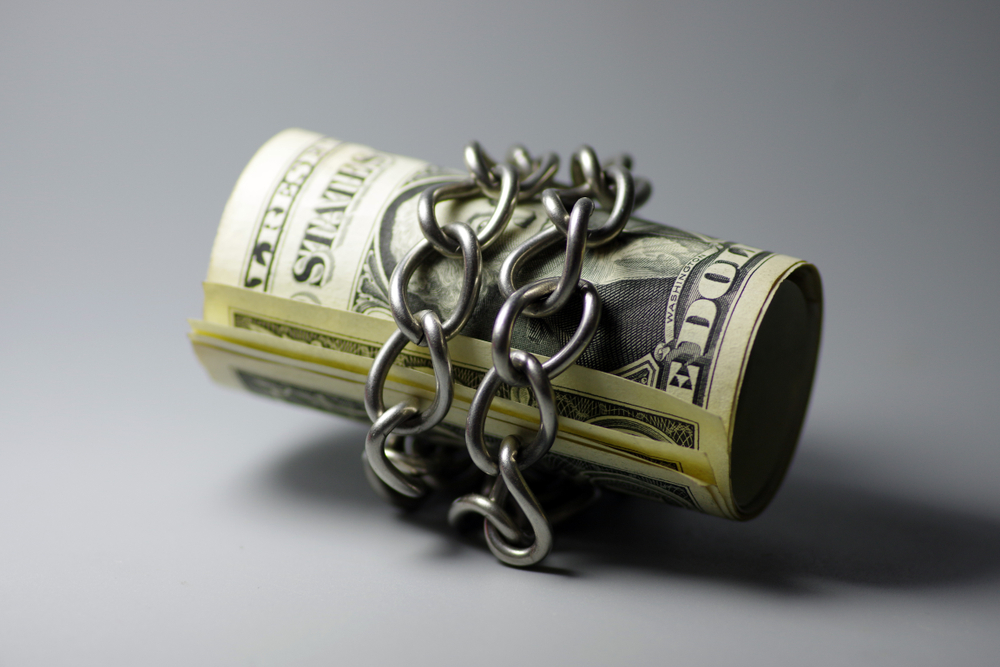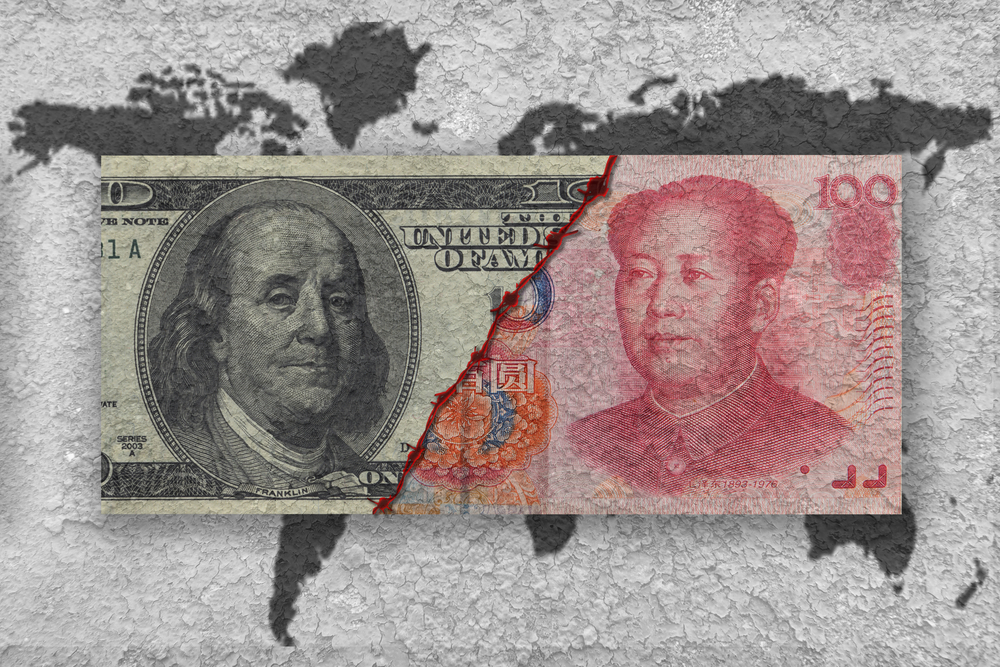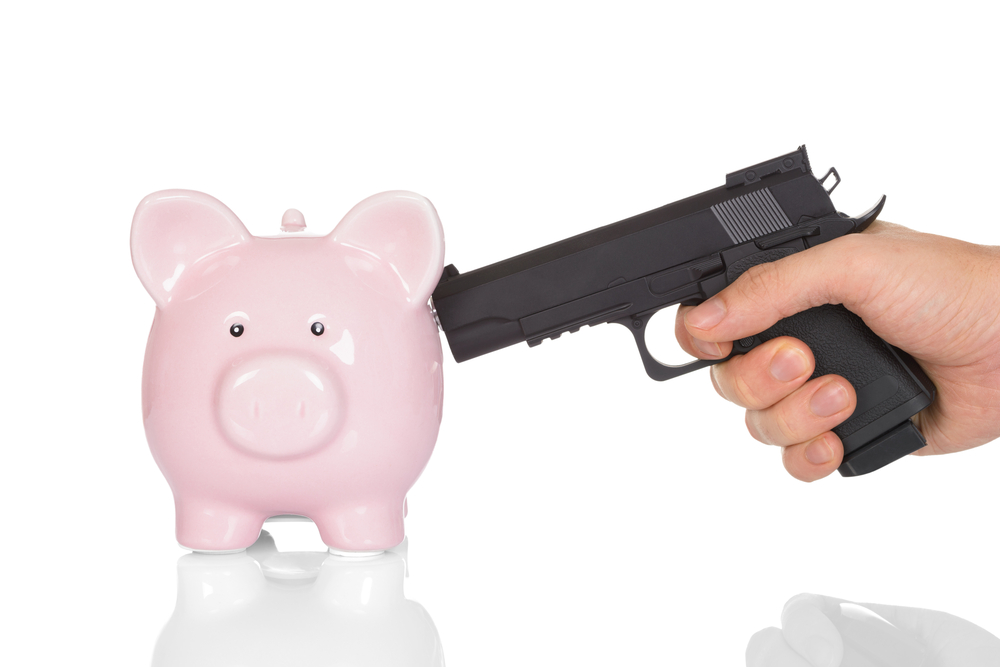Remember to keep an eye on March 15th as mentioned in a previous post, the poison pill left by the Obama administration where “everything will grind to a halt”.

The Congressional Budget Office, CBO, estimates that inflation and real GDP will each grow at about 2% per year in the coming ten years. This means that nominal GDP, which is the sum of real GDP plus inflation, will grow at about 4% per year. Since debt is incurred and paid in nominal terms, nominal GDP growth is the critical measure of the sustainability of U.S. debt.
Trump Avoid Debt Crisis ? “Extremely Unlikely” says Rickards
The upcoming March 15 U.S. debt ceiling deadline is something that is being largely ignored by markets and most media for now. Despite it being just 9 trading days away. This will change in the coming days and is one of the many reasons why we are bullish on gold.
James Rickards writing for the Daily Reckoning today looks at the important ‘next signal to watch’ and explains that Trump and his advisors believe they can avoid a debt crisis through higher than average growth. Continue reading →












